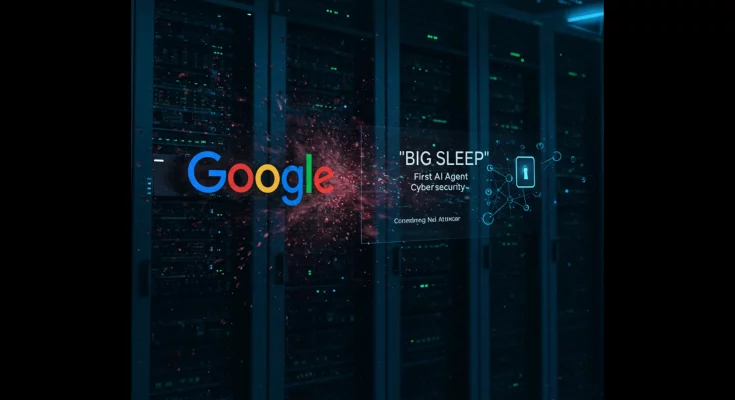Google’s AI agent, known as “Big Sleep,” has made a groundbreaking achievement in cybersecurity. The AI was able to detect and prevent a cyberattack before it could happen, marking a significant milestone in the fight against cybercrime. This article dives into how Big Sleep functions and the implications of its successful intervention.
Understanding Big Sleep
Big Sleep is not a new entity within Google; it was introduced to the world at large last year. However, this latest event showcases its evolution and capabilities:
- Big Sleep combines threat intelligence with machine learning algorithms.
- The AI can detect critical vulnerabilities in real-time, helping organizations bolster their security.
- Its primary aim is to stop threats before they escalate into significant incidents.
The Cyberattack Prevention
In a recent event, Google disclosed that Big Sleep managed to identify an SQLite vulnerability labeled as CVE-2025-6965. This vulnerability was known only to threat actors and posed a critical security risk. According to Google’s analysis:
- They described the vulnerability as “critical” and unique to cybercriminals.
- Big Sleep utilized intelligence gathered from Google Threat Intelligence to predict the potential use of this vulnerable point in the near future.
- The AI was instrumental in mitigating the risk by discovering the vulnerability before the cyberattack could occur.
The Implications of Big Sleep’s Success
While Big Sleep’s success does not erase the negative press often associated with AI technologies, it certainly offers a refreshing perspective on how AI can contribute positively to society:
- It showcases the potential of AI in enhancing cybersecurity measures.
- Organizations can benefit from a proactive approach in detecting vulnerabilities.
- The incident served as a reminder that AI’s role can transcend the narrative of job displacement.
Future Prospects for AI in Cybersecurity
Google’s approach with Big Sleep highlights a future trend towards using AI for preventive measures:
- AI could become an essential partner in identifying and neutralizing cyber threats before they manifest.
- Organizations may increasingly rely on AI systems as a first line of defense against cyberattacks.
- Lessons learned from Big Sleep could pave the way for more sophisticated AI applications in various sectors beyond cybersecurity.
Google’s Big Sleep represents a new dawn in cybersecurity, reminding us that technology can indeed work in our favor. As AI continues to advance, we’re more likely to witness how these systems not only respond to threats but also proactively prevent them.
As big tech continues to innovate, we should aim to keep a balance between leveraging AI benefits while addressing the concerns surrounding it.



